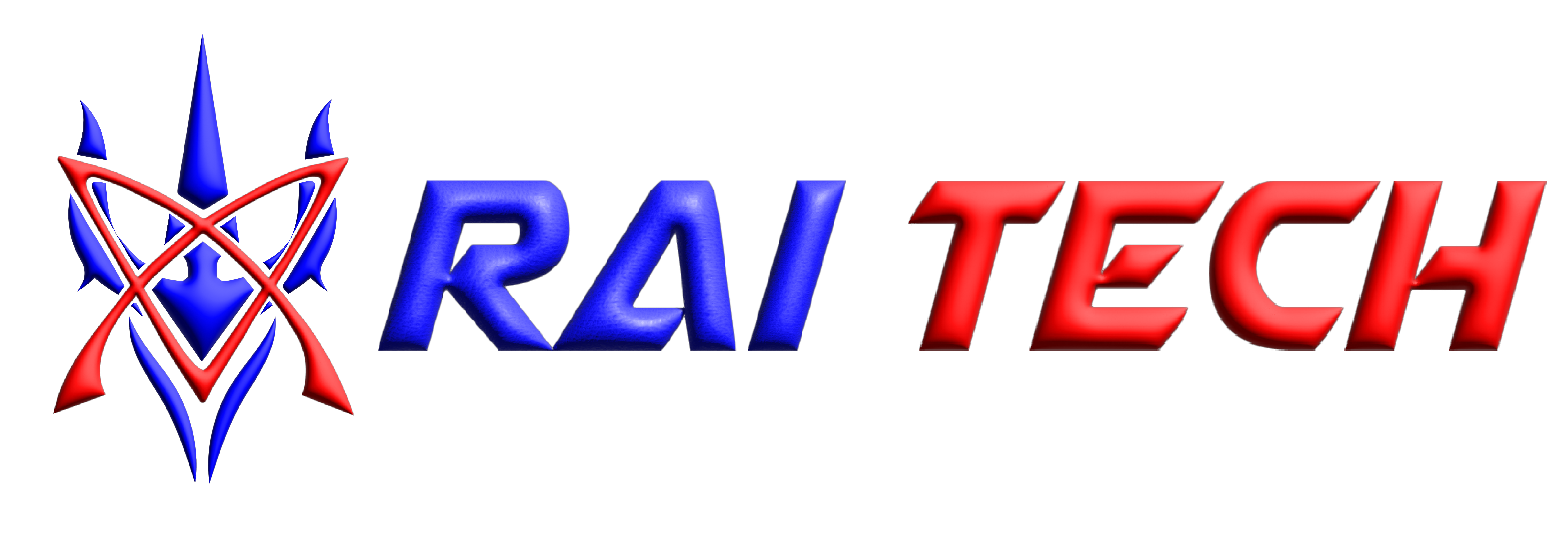
Public Blockchain Development: Simplifying the Future of Digital Transactions
In today’s digital age, blockchain technology is transforming how we exchange, verify, and store data. Among the various types of blockchains, public blockchains stand out due to their openness and decentralization. Developing on a public blockchain offers numerous opportunities for businesses, developers, and individuals to participate in a secure, transparent, and tamper-proof digital environment.
What is a Public Blockchain?
A public blockchain is a permissionless network where anyone with internet access can join, validate transactions, and participate in the governance of the network. Unlike private blockchains, which restrict access, public blockchains promote transparency and decentralization, making them ideal for applications like cryptocurrencies, voting systems, and transparent supply chains.
How Does Public Blockchain Development Work?
Developing on a public blockchain involves creating applications or smart contracts that leverage the network’s features. Here’s a simplified overview:
Transaction Validation: Users initiate transactions that are timestamped and shared publicly. These transactions are validated through consensus mechanisms like proof of work or proof of stake, ensuring data integrity without central authority.
Decentralized Consensus: Multiple nodes (computers) in the network verify transactions independently. Once consensus is reached, the transaction is permanently recorded on the blockchain, ensuring immutability.
Smart Contracts: Developers can deploy self-executing contracts that automatically enforce rules and execute transactions once predefined conditions are met, enhancing automation and efficiency.
Security & Transparency: The distributed nature of public blockchains makes them highly secure against hacking and tampering, while transparency ensures all participants can verify transactions at any time.
Benefits of Developing on a Public Blockchain
Transparency: All transactions are publicly accessible, fostering trust and accountability.
Security: The decentralized validation process makes the network resilient against attacks.
Immutability: Once data is recorded, it cannot be altered, ensuring data integrity.
Community-driven: Users can propose improvements and participate in governance, shaping the ecosystem.
Challenges to Consider
Energy Consumption: Public blockchains like Bitcoin require significant energy due to proof-of-work mechanisms.
Transaction Speed: Processing times can be slow, especially during high network congestion.
Scalability: As user numbers grow, maintaining speed and efficiency becomes more difficult.
Use Cases for Public Blockchain Development
Cryptocurrencies such as Bitcoin, Ethereum, and Litecoin.
Decentralized finance (DeFi) applications.
Transparent voting systems.
Supply chain tracking.
Digital identity verification.


